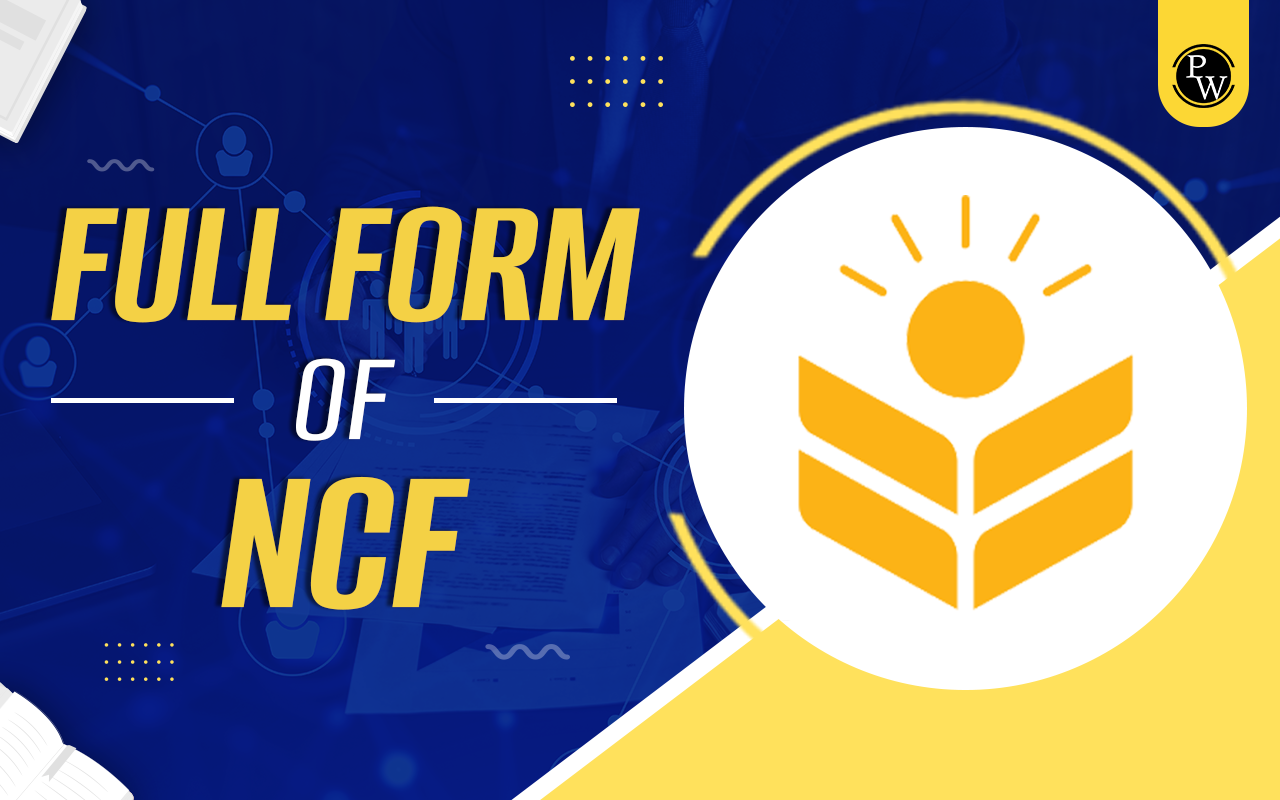
The National Curriculum Framework (NCF) aims to change practices in the education sector with more than just ideas. Because the term ‘curriculum’ expresses a student's overall school experience. This holistic overall transformation of the curriculum will have a positive impact on the entire learning experience for students.
A curriculum framework provides the guiding principles, goals, structure, and elements to enhance the curricula. The experienced teaching staff will create a syllabus and study material, including textbooks, and assessment methods.
The National Curriculum Framework (NCF) for the Foundational Stage is based on the National Education Policy (NEP) 2020. It aims to enable its implementation.
All children in the age group of 3 to 8 years, across the different institutions in India are under the foundational stage. This is the first stage in the 5+3+3+4 Curriculum and pedagogical restructuring of school education as envisioned in NEP 2020.
The National Education Policy 2020 (NEP 2020) aims to formulate National Curriculum Frameworks (NCFs). the Ministry of Education (MoE) and The National Council of Educational Research and Training (NCERT) have jointly contributed to creating an ideal strategy.
The NCF will bring about a change in the education system with a focus on the holistic development of children. With an objective to enhance skills. The vital role of teachers, and the learning of mother tongue and cultural knowledge.
The National Education Policy (NEP) is a framework to guide the development of education in the country. As a policy of education, it not only guides the development of education but also provides direction for regulating and promoting it.
The education policy covers education at all stages. It includes early childhood care and education, school education, higher education, teacher education, and vocational education.
On 29th July 2020 NEP came into effect in India. It is the first education policy of the 21st century in India. It aims to address the growing development in our country. The first education policy was formulated in 1968 and modified in 1992, and the latest National Education Policy in India is NEP 2020.
As per the policy, the aim is to have an education system with access to the highest quality education for all learners regardless of their social or economic background.
The policy proposes the revision and revamping of all aspects of the educational structure with its regulation and governance. It will create a new system that is aligned with the aspirational goals of 21st-century education. While building upon India’s traditions and value system.
The objective of this NCF is to help positively transform the school education system of India as suggested in NEP 2020. Via corresponding positive changes in the curriculum including pedagogy.
In particular, the NCF aims to help change practices in education and not just ideas, since the word ‘curriculum’ expresses the overall experiences that a student has in school. This holistic transformation of the curriculum will allow for a positive impact on students' learning experiences.
The NCF provides the interested reader with a reasonable understanding of what education should look like in schools, why, and what role individuals could play as parents, community members, and citizens of India.
This NCF intends to use a presentation style and structure that allows for the above objectives of readability, accessibility, and relevance to teachers. While it aims to articulate the underlying philosophy and principles, it does not simply leave them at the level of imagination but also brings them into practice.
This NCF also aims to account for the typical institution and teacher, while being entirely in harmony with the idea of the best-resourced institution.
[wp-faq-schema title=" Full Form of NCF FAQs" accordion=1]
